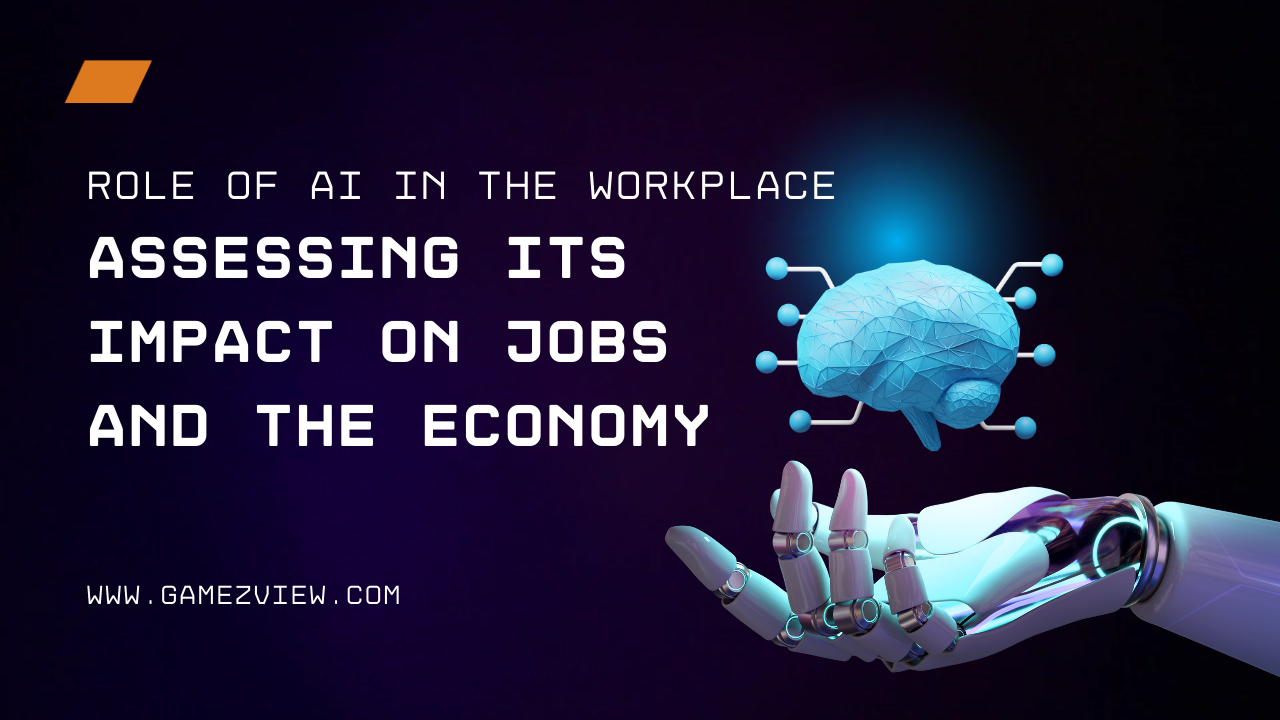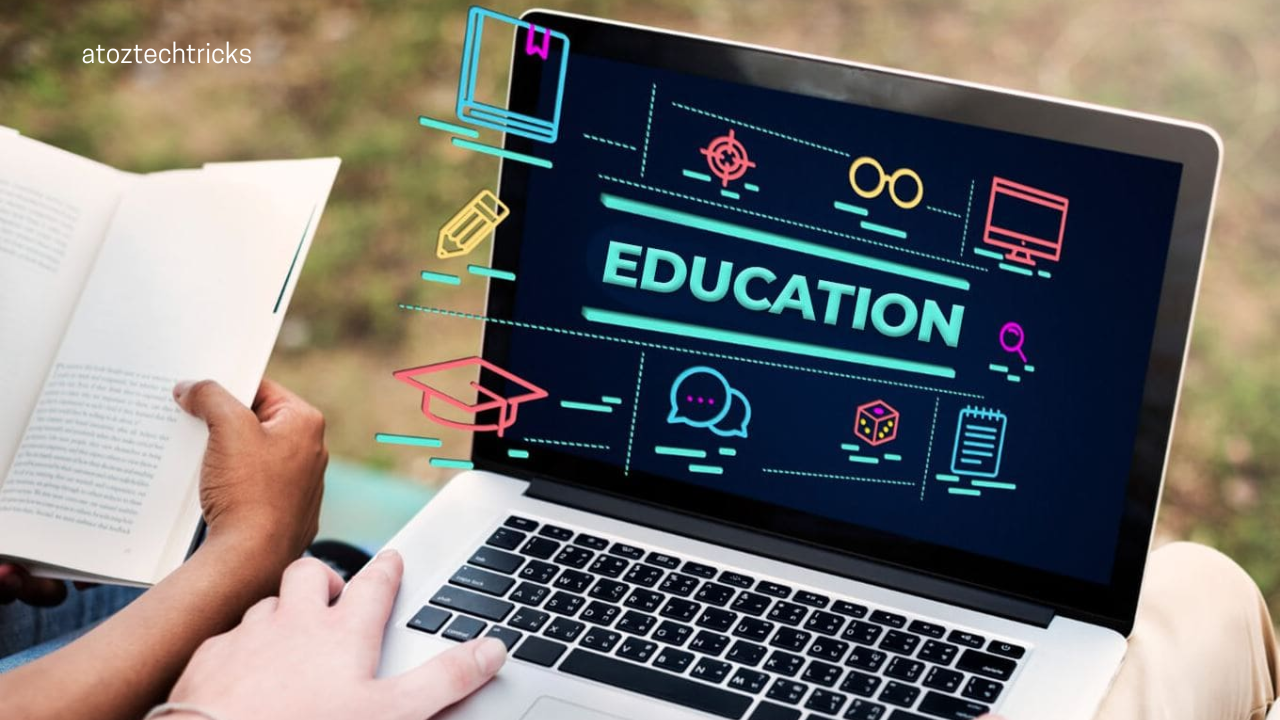Artificial Intelligence (AI) is revolutionizing the modern workplace, transforming the way businesses operate and the nature of work itself. While AI promises increased efficiency, productivity, and innovation, its widespread adoption also raises concerns about its impact on jobs and the economy. In this article, we examine the role of AI in the workplace and explore its implications for employment and economic growth.
Advantages of AI in the Workplace
1. Automation of Routine Tasks
AI technologies automate repetitive, mundane tasks, freeing up human workers to focus on more complex, creative, and value-added activities. By leveraging machine learning algorithms and robotic process automation (RPA), businesses can streamline workflows, reduce operational costs, and improve overall productivity. This automation not only enhances efficiency but also enables organizations to adapt to rapidly changing market demands and remain competitive in today’s digital economy.
2. Enhanced Decision-Making and Insights
AI empowers organizations to make data-driven decisions by analyzing vast amounts of information and generating actionable insights in real time. Machine learning algorithms can uncover hidden patterns, trends, and correlations in data, enabling businesses to optimize processes, identify opportunities, and mitigate risks more effectively. From predictive analytics and demand forecasting to customer segmentation and fraud detection, AI-driven insights enable businesses to stay ahead of the curve and make informed decisions that drive growth and profitability.
3. Personalization and Customer Experience
AI enables personalized interactions and experiences across various touchpoints, enhancing customer satisfaction, loyalty, and retention. Natural language processing (NLP) and sentiment analysis algorithms can analyze customer feedback and preferences, allowing businesses to tailor products, services, and marketing campaigns to individual needs and preferences. Virtual assistants and chatbots provide personalized assistance and support, improving customer engagement and driving conversions. By leveraging AI-driven personalization, businesses can strengthen their competitive advantage and build long-term relationships with customers.
Impact on Jobs and Employment
1. Job Displacement and Transformation
While AI automation may lead to the displacement of certain roles, it also creates new job opportunities in emerging fields such as data science, machine learning, and AI ethics. The nature of work is evolving, with an increasing emphasis on skills such as critical thinking, problem-solving, and creativity that are less susceptible to automation. However, there is a need for upskilling and reskilling programs to equip workers with the competencies needed to thrive in the digital age. By investing in lifelong learning and workforce development, businesses can ensure a smooth transition to the AI-driven economy and mitigate the negative impact on employment.
2. Economic Growth and Innovation
AI has the potential to drive economic growth and innovation by unlocking new opportunities, creating new markets, and fostering entrepreneurship. AI-powered technologies spur technological advancements and scientific discoveries, fueling productivity gains and economic prosperity. From autonomous vehicles and smart manufacturing to precision medicine and personalized education, AI-driven innovations have far-reaching implications for various sectors of the economy. By fostering a conducive environment for innovation and entrepreneurship, policymakers can harness the full potential of AI to stimulate economic growth, create jobs, and improve living standards.
AI is reshaping the workplace and the economy, presenting both opportunities and challenges for businesses, workers, and policymakers. While AI automation promises increased efficiency, productivity, and innovation, it also raises concerns about job displacement, economic inequality, and ethical implications. Navigating the impact of AI in the workplace requires a holistic approach that balances technological advancement with ethical considerations, human values, and societal welfare. By embracing lifelong learning, fostering innovation, and promoting inclusive growth, we can harness the transformative power of AI to create a more prosperous, equitable, and sustainable future for all.



